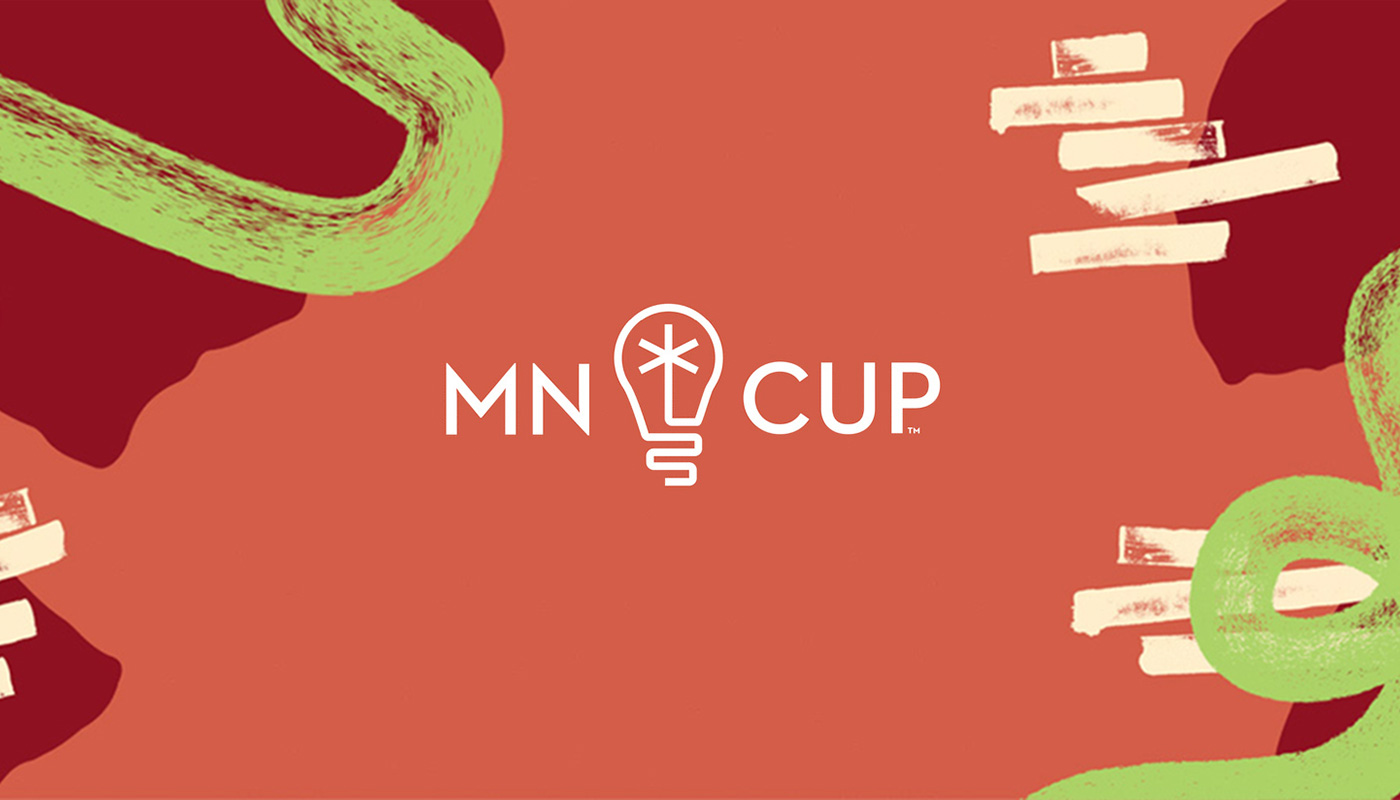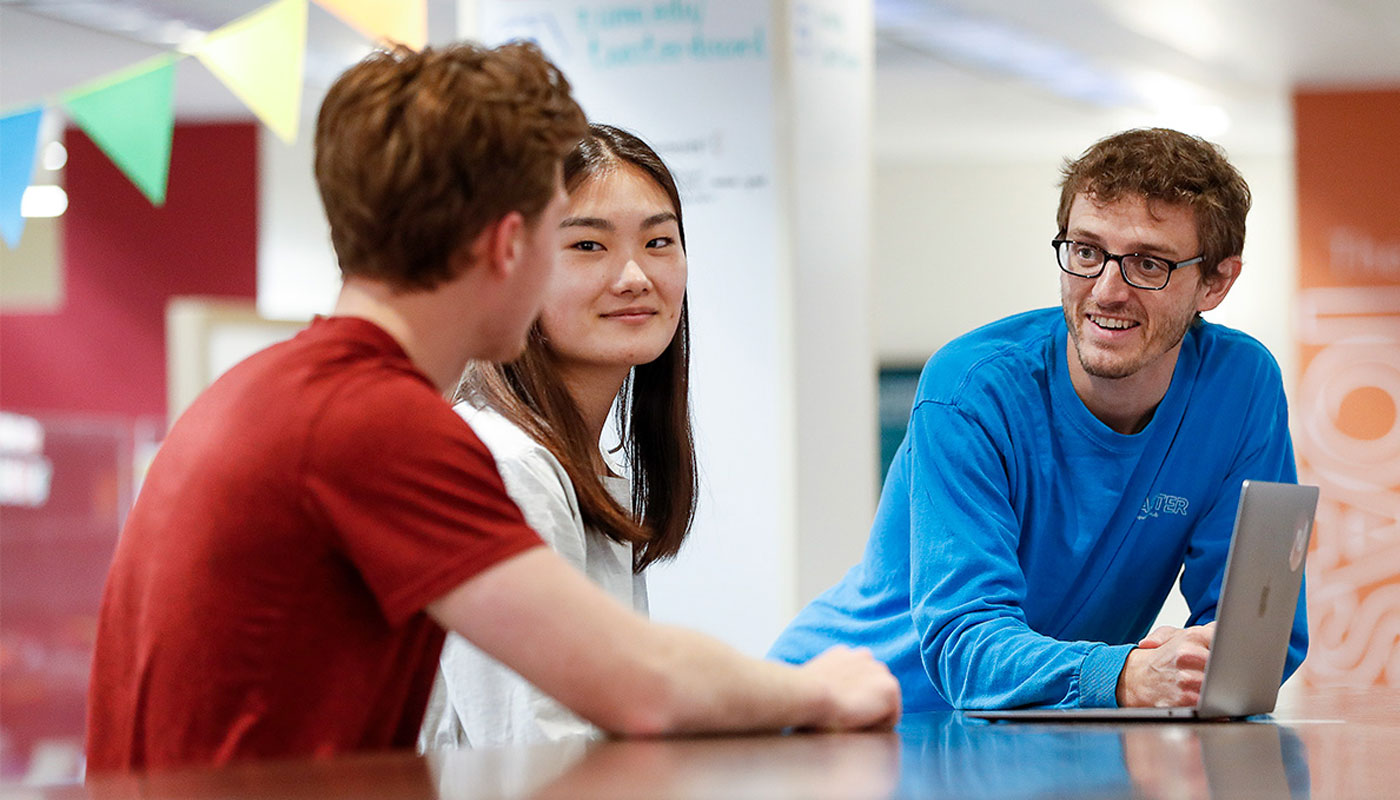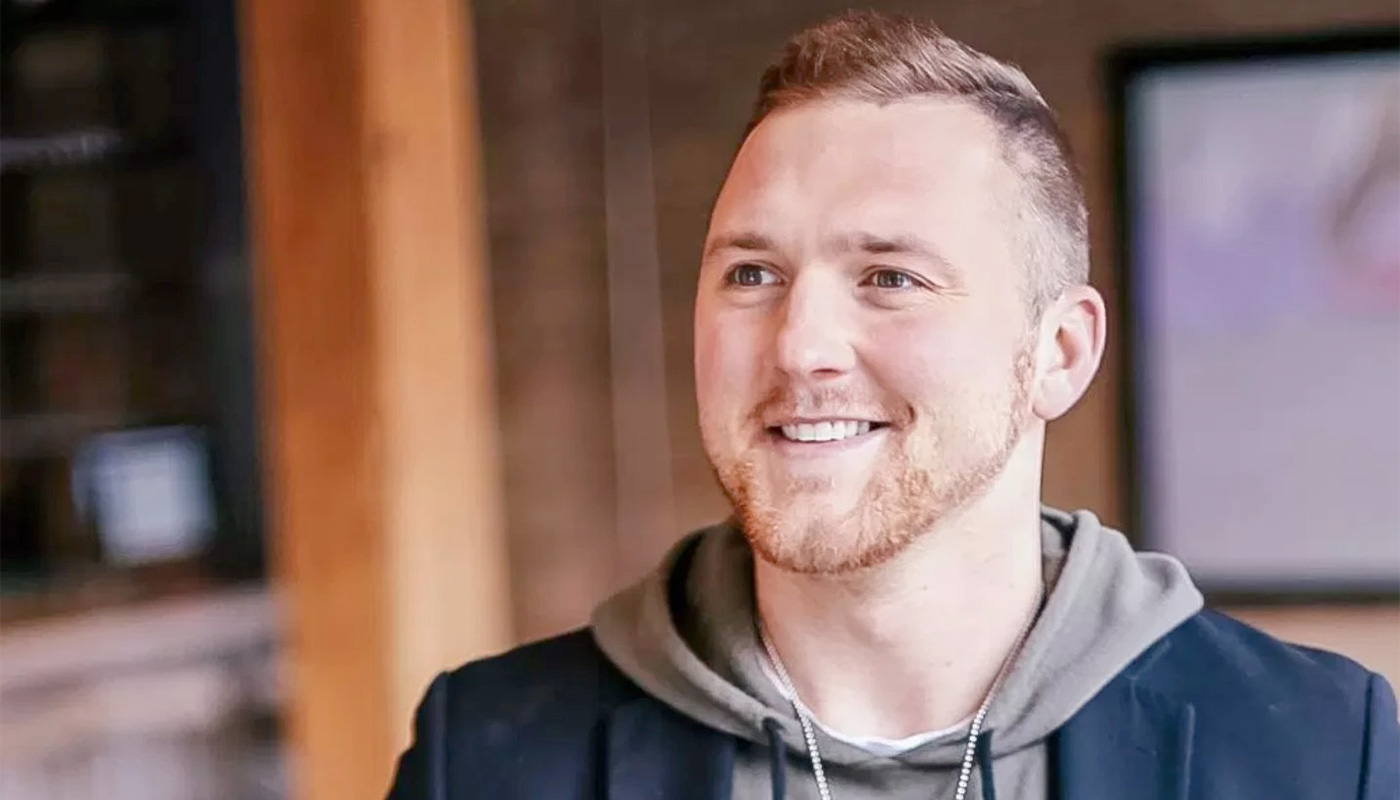Vetiver Solutions: Investing in farmer-led initiatives in rural Haiti
A small business started by several young alums aims to grow a poverty-free Haiti.
“’Think big, start small, move fast.’ If you had $5,000, ‘what would you be able to do with it?,’” recalls Leeore Levinstein (BS ’18 CBS) about a question posed through the course “Seeking Solutions to Global Health Issues.” The course is administered through the University of Minnesota Twin Cities Institute on the Environment’s Acara program, which each semester leads public health and sustainability focused classes that challenge students to innovate and launch projects designed to meet complex global challenges.
It was there that Levinstein, along with classmates Jesse Abelson (BS '17 CFANS, BS '17 CBS) and Dalton Schutte (BA '17, CLA), began to tackle the issue of poverty in Haiti through Vetiver Solutions, a small Minnesota-based company whose motto is “Growing a poverty-free Haiti, starting at the root.”
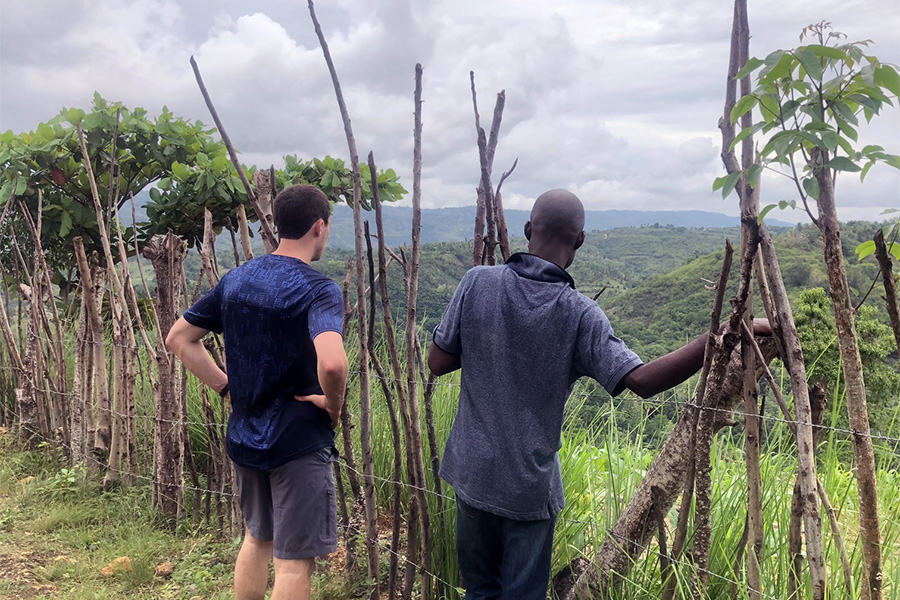
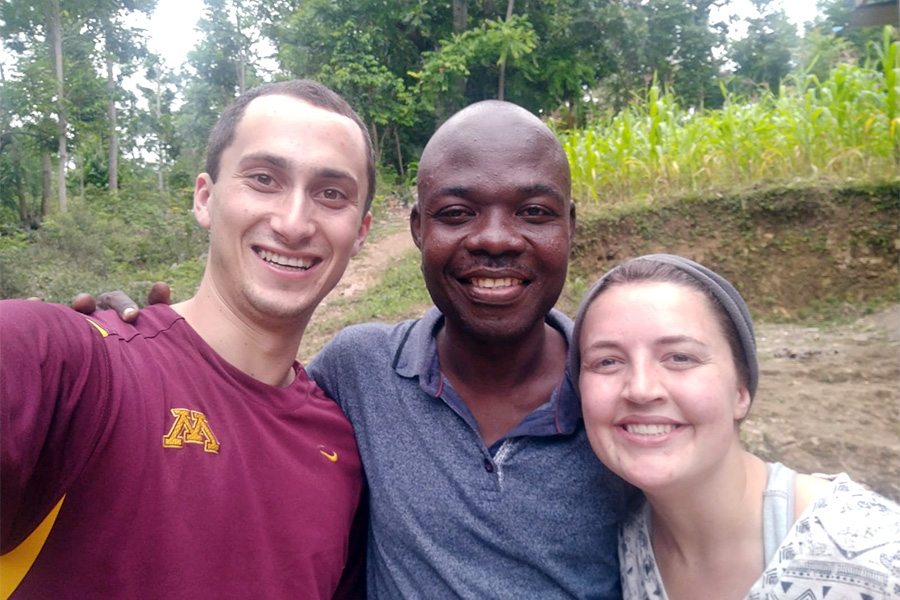
“Starting at the root” is a reference both to the chronic issue of soil erosion on this island nation that experiences persistent poverty and to a type of grass called vetiver that can be used to address multi-faceted causes of rural poverty and malnutrition. Abelson and Schutte had both previously volunteered through organizations in Haiti and saw the opportunity to address interconnected challenges through their Acara program course.
Vetiver grass has a deep root system, which allows it to serve both as a soil erosion prevention tool and a new source of agricultural income. Unfortunately, vetiver is most often harvested for its roots to produce fragrances, which defeats the purpose of its soil retention qualities.
By buying bundles of vetiver grass leaves (rather than the roots), as well as honey and beeswax for a line of natural products from farmers in the Haitian village of Moreau, Vetiver Solutions has invested in farmer-led sustainable agriculture that supports farmers’ efforts to reduce soil erosion while connecting them with new income opportunities.
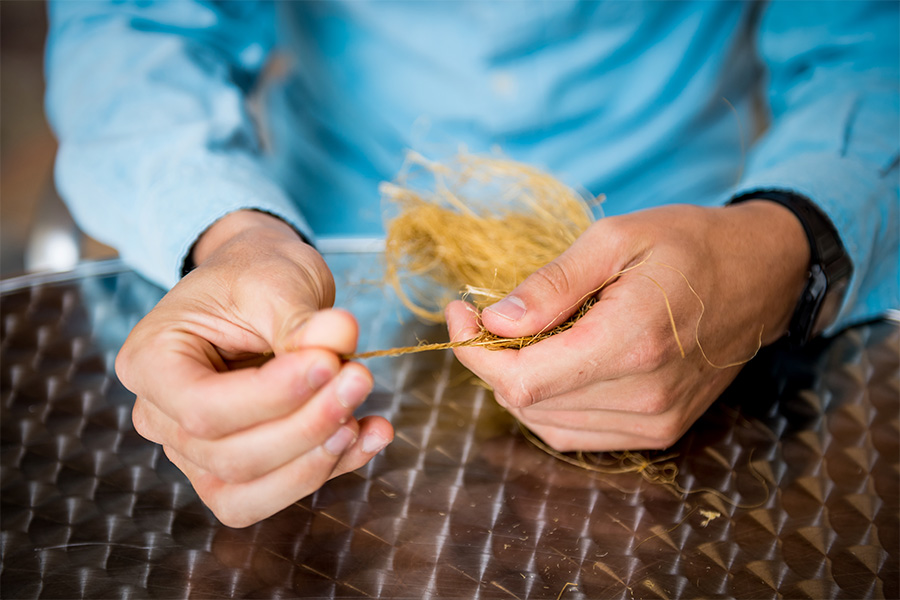
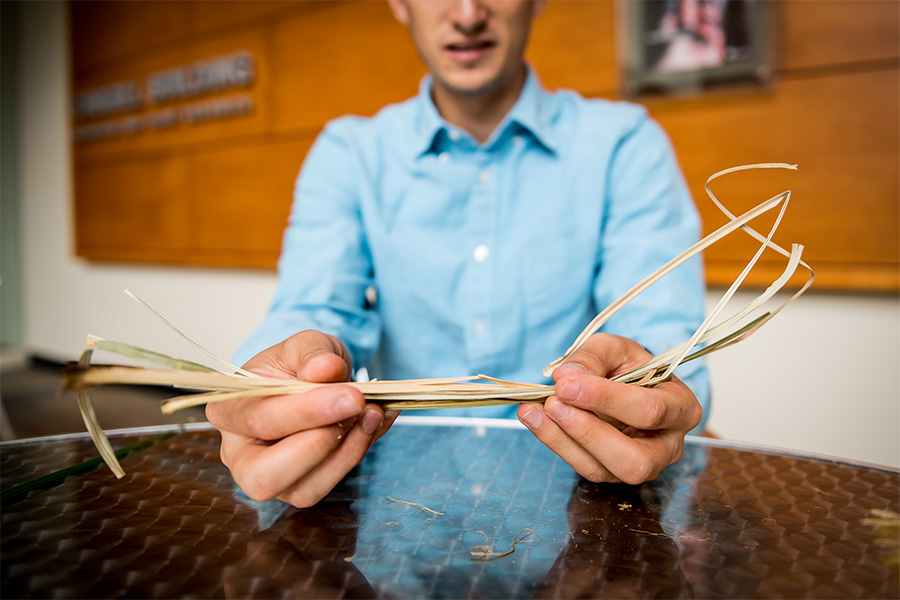
Support from the University of Minnesota
After creating their initial business plan in the Acara course, the team entered their business idea in the Acara Challenge, an annual competition in which U of M students can win up to $5,500 to develop solutions to social and environmental challenges. The team took home the silver award, along with $3,000 and, after being voted the crowd favorite, an additional $500.
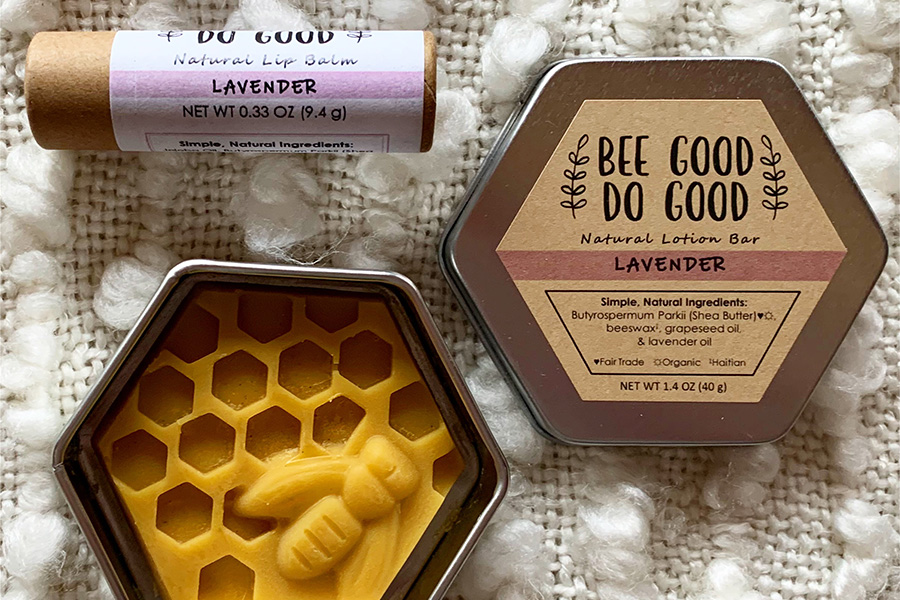
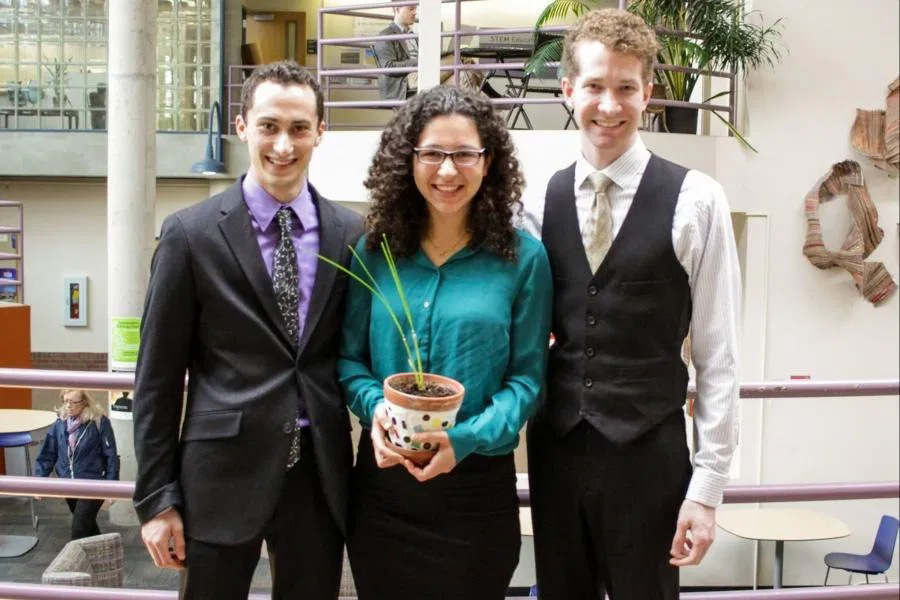
That support, in turn, allowed the team to refine its business plan and reach the semi-finals in the MN Cup—the country’s largest statewide startup competition, housed at the Holmes Center for Entrepreneurship at the Carlson School of Management. MN Cup participants receive mentorship on developing proposals and pitches, as well as support in refining their goals and creating a viable business.
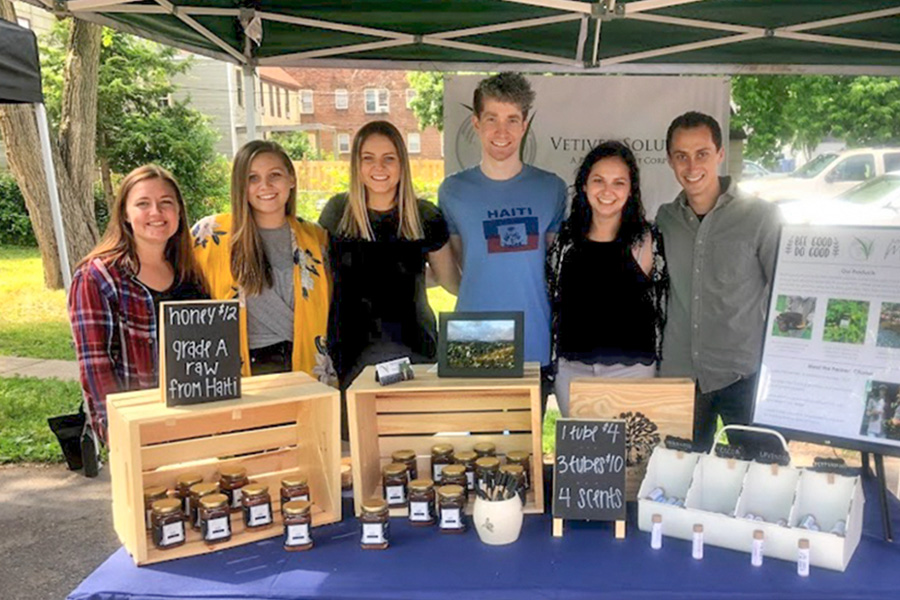
Recently, Vetiver Solutions began to sell its products through the University of Minnesota’s Alumni Market—an online marketplace for businesses started by U of M alumni. “It's been an amazing experience, and it seems like the market overall is picking up a lot of steam," says Levinstein. "It has helped us expand our market, but also it has been really nice to continue being a part of the Minnesota alumni community.”
“Putting together a viable business plan for the first time, without training in how to pitch a business, was a new challenge,” says Schutte, co-founder and Vetiver Solutions board member, about the competition. “But by leaning into our varied backgrounds and growing our team to include more skill sets, we made it happen.”
“We have had absolutely a ton of support from the University,” says Levinstein. “Working with the whole Acara staff and all of the faculty who have been so supportive and helpful, I absolutely don't think that we would have started this or continued it without that support.”
Besides providing a new market for the farmers’ goods, Vetiver Solutions also sets aside a portion of profits each year for the farmers in Moreau to use to support development efforts chosen and led by the community, says Levinstein.
In 2019 community members used that financial support to install solar panels on the roof of the school in Moreau, which allows students light in the evenings for studying, and also electricity to power community members’ phones when school isn’t in session. In 2020 residents used the funds to install floors in a local community center.
Since its beginnings, the company has grown from three to six with the addition of University graduates Brie LaPlante (BSB '19, Carlson School of Management) as chief marketing officer, Elizabeth Alonzi (BS ’18, College of Science and Engineering) as chief science officer, and Becca Desens (BSB ‘18, Carlson School of Management) as a board member.
More recently, Vetiver Solutions has become what is known as a Public Benefit Corporation (SBC)—a legal designation in Minnesota that serves as a middle ground between a nonprofit and a for-profit organization. This allows the company to prioritize social good in its work, while operating profitably to sustainably support Haitian farmers in the long term.
“As we grow over the next five years, we hope to continue our partnership with the farmers in Moreau and add initiatives based on their needs,” says Levinstein about the company’s goals. “It's really always been about how we work with others to create good, and then, how do we spread it?”
